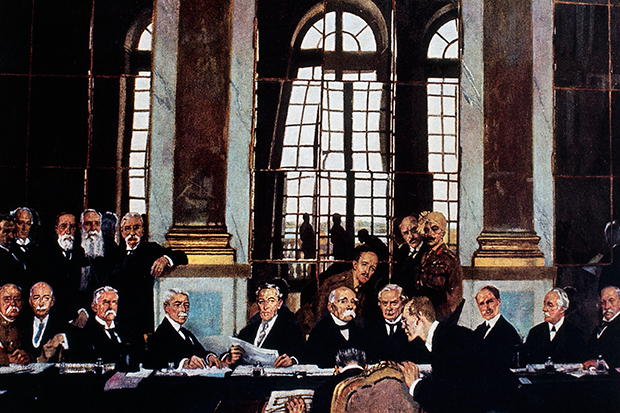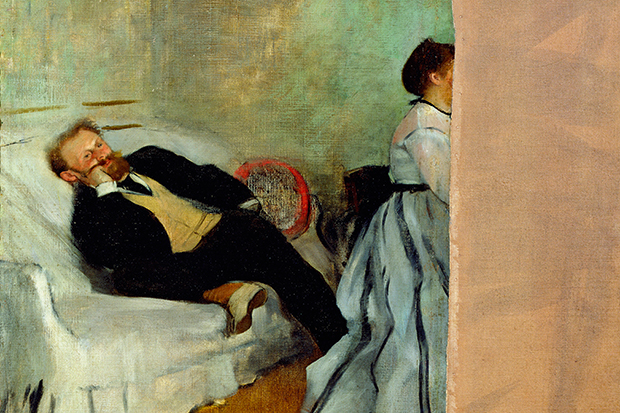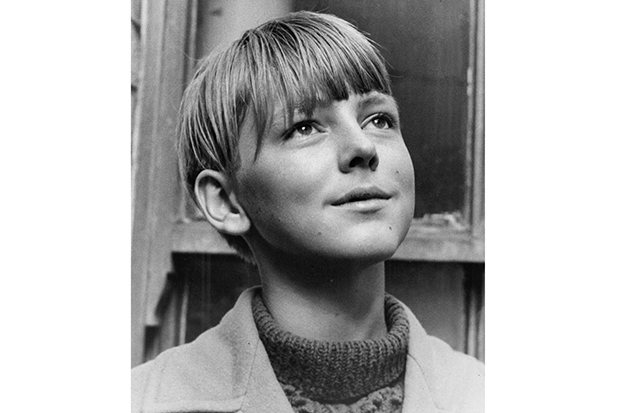Doorstoppers, slim volumes, loose leaves stacked in a box, bound pages fretworked with holes, epistolary exchanges, online postings, palimpsests…. Fiction comes in all shapes and sizes — and that’s just the format, before you get to the content, which might include fractured grammar, reversed chronology, parallel plots, contradictory footnotes, dead or unborn narrators and labyrinthine text.
Never though, until now, have I encountered a work of fiction set out as an examination paper. From first page to last here are 90 questions, a sly parody of the Chilean Aptitude Test for university applicants, right down to the numbered multiple choice boxes to tick. If this sounds off-putting, tricksy, a little too overtly experimental, think again: the initially disconcerting format speedily draws the reader into a beguiling, comic and oddly recognisable universe of marital breakdown, parental anxiety and thwarted hopes. Redolent of flash-fiction or a poem captured mid-stanza, these pages give us the real world, caught on the wing, no fantasy or sci-fi hypothetical alternatives. It’s like crossing a landscape illuminated by lightning, each bright flicker giving us a glimpse of a love affair, a childhood trauma, a sibling conflict — multiple narratives, moments of lives we will never know in full. One brief life begins
With the money he won in the lottery, the old man decided to fulfil his lifelong dream, but since his lifelong dream had been to win the lottery, he didn’t know what to do. In the meantime he bought himself a Peugeot 505 and hired me to drive it.
Alejandro Zambra grew up in Pinochet’s dictatorship, and within these encounters we get hints of life in Chile under the tyrant’s baleful fascist eye; the populace caged by rigid rules — everything Multiple Choice seeks to subvert. There are many questions in these pages, serving to highlight what the author has called ‘the illusion of the single correct answer’. Life is anatomised, but this is composition set in the key of fun — ironic, playful, sometimes bitter. The translation by Megan McDowell skims across the tricky terrain with grace and ease, capturing the comic absurdities and dark moments without any apparent linguistic stumble or pause.
Readers who simply leaf through these 101 pages will miss the participatory
pleasure of the book, particularly in the section ‘Sentence Elimination’, where the box-ticking can change our perception of the narrative, even the destiny of the protagonists. In Exercise 57, if you tick C the dictatorship never existed. Tick B and the narrator fails to be conceived.
Zambra is fiercely critical of the role of education in his homeland and only once are we allowed no choice: all five of the answer boxes to question 74 carry the same damning statement: ‘You weren’t educated, you were trained.’
Latin America has long provided fertile soil for literary brilliance and Alejandro Zambra has become Chile’s latest star export: three acclaimed novellas and his story collection, My Documents, have won him prizes and an international following. He may lack the scything wit of Cuba’s Infante Cabrera, or the breadth of Borges’s imaginative universe; but what he has in abundance is a wonderfully seductive, ludic charm.
Multiple Choice will be embraced by Zambra’s devoted followers. Open-minded readers new to his quirky world could find it opening doors. Multiple doors perhaps.
The post And the answer is… appeared first on The Spectator.
Got something to add? Join the discussion and comment below.
Get 10 issues for just $10
Subscribe to The Spectator Australia today for the next 10 magazine issues, plus full online access, for just $10.
You might disagree with half of it, but you’ll enjoy reading all of it. Try your first month for free, then just $2 a week for the remainder of your first year.














Comments
Don't miss out
Join the conversation with other Spectator Australia readers. Subscribe to leave a comment.
SUBSCRIBEAlready a subscriber? Log in